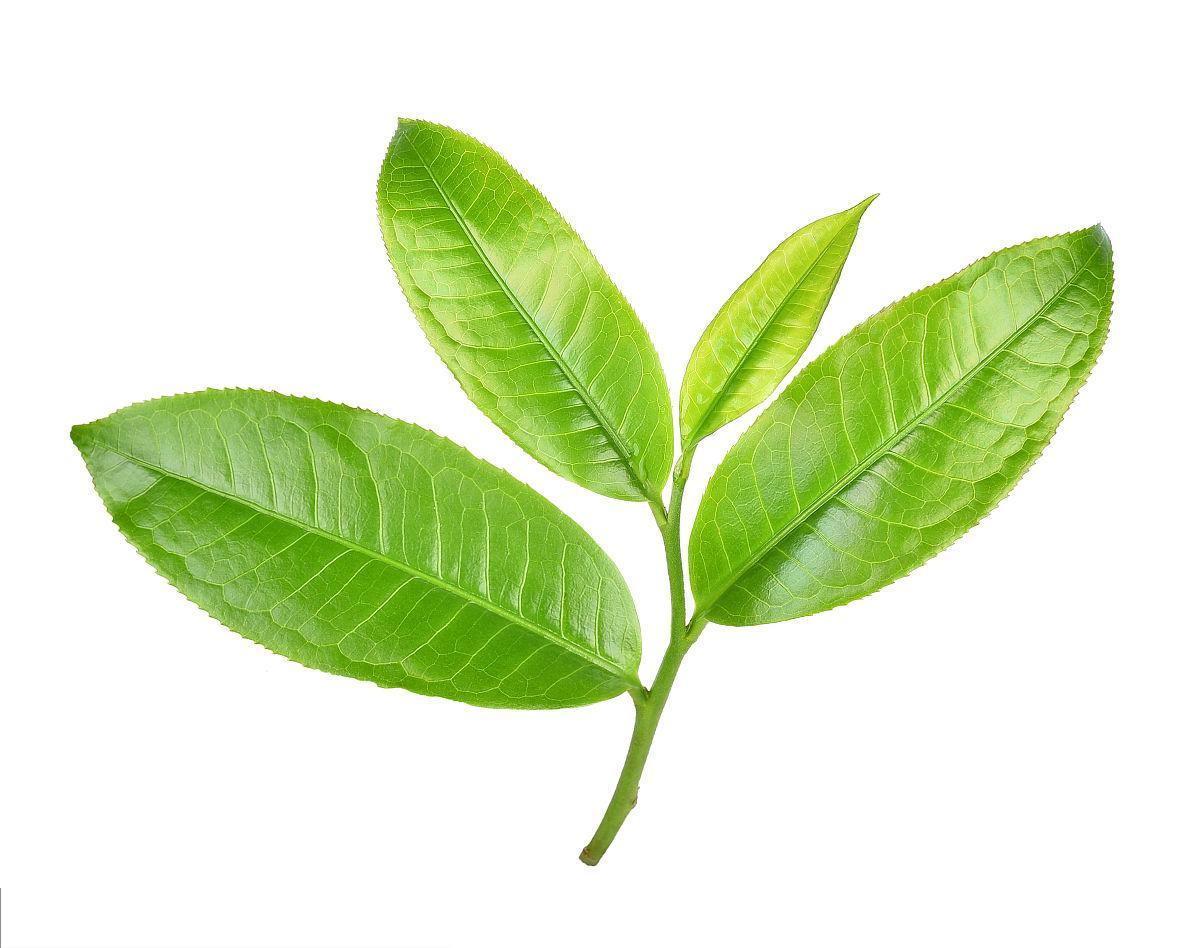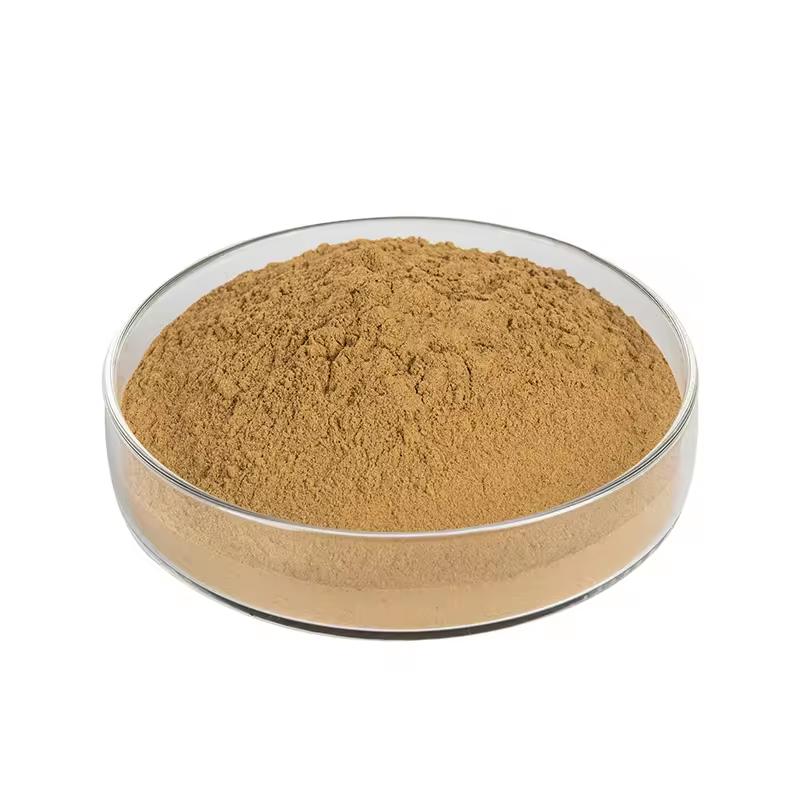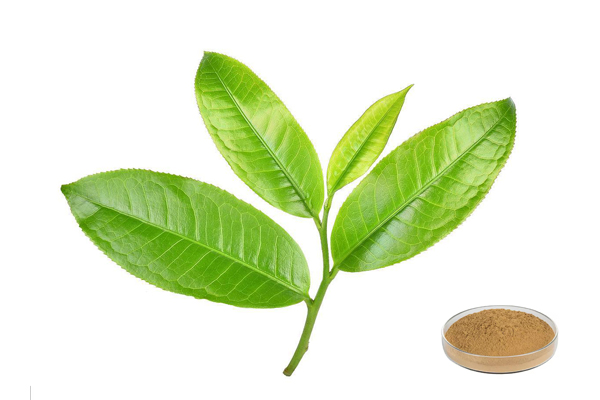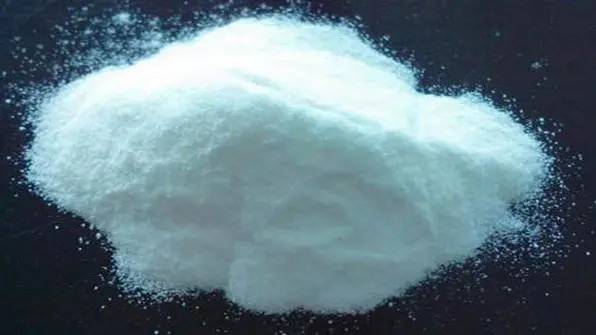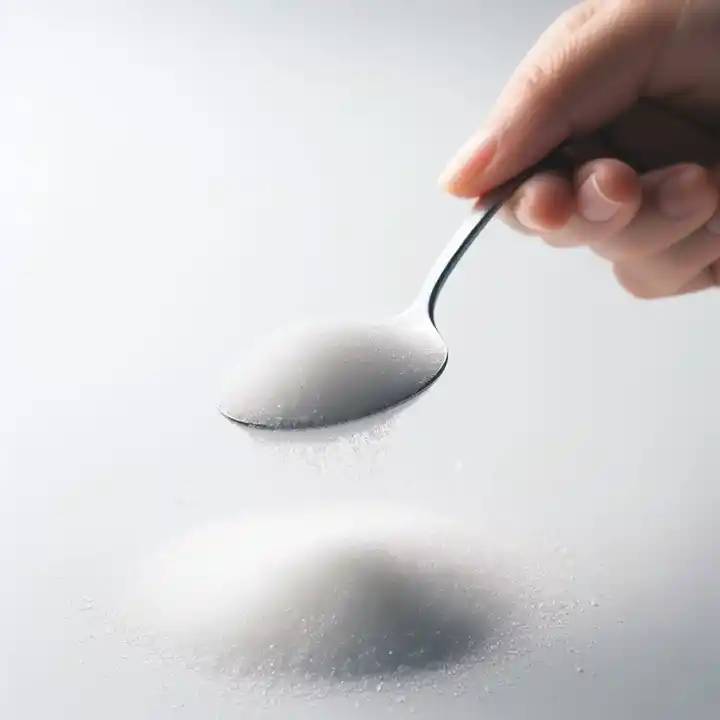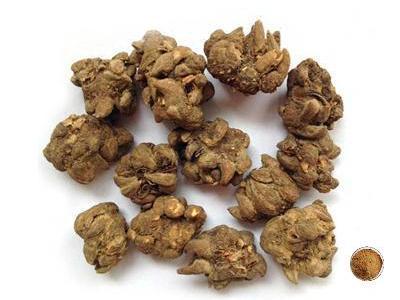Extrait de thé vert 40% L théanine en poudre
Source: feuille de thé vert
Ingrédients actifs: l-théanine
Spécification :40%
Méthode d’essai :HPLC
Apparence: poudre Fine brune
Résidu de Pesticide: conforme à la norme (ce) No 396/2005
- Description Description
- Fiche technique
- Certificat de formation
-
Qu’est-ce que l’extrait de thé vert L théanine en poudre?
La l-théanine est un acide aminé caractéristique du thé, avec la formule chimique C7H14N2O3, représentant 1-2% en poids dans le thé sec. La l-théanine a été isolée pour la première fois à partir du thé vert en 1950. En présence de plus de vingt types d’acides aminés dans le thé, la théanine représente environ 50% à 60% du total des acides aminés dans le thé; Il a été constaté que, à l’exception de la présence de traces de théanine dans les prunes à thé, les champignons, le thé à l’huile et d’autres plantes, la théanine n’a pas encore été trouvée dans d’autres plantes. La théanine est un composé amide, chimiquement nommé: n-éthyl-l-glutamine.
La théanine naturelle est de type l, cristaux blancs purs ressemblant à des aiguilles, point de fusion 217 ° C ~ 218 ° C, rotation optique spécifique [α] D20 = 0,7 °, extrêmement soluble dans l’eau, insoluble dans l’éthanol et les solvants organiques tels que l’éther, solution aqueuse est légèrement acide, avec un arôme de caramel et semblable à la saveur fraîche et croquante de MSG, le seuil de goût est 0,06%.
La technologie Green Spring fournit l’extrait naturel de thé vert 40% 40% L en poudre de théanine, qui est produite à l’aide d’un équipement avancé de séparation de membrane et de concentration de membrane, avec l’arôme de thé vert naturel, bonne couleur, solution clarifiée après solubilité dans l’eau, aucune précipitation, adapté à l’ajout de boisson.
Fondée en 2000, Green Spring Technology est une société de biotechnologie leader en Chine, dédiée à la recherche et au développement de la fourniture d’extraits de plantes naturels, sûrs et biologiques. Nous produisons selon ISO, HACCP, et d’autres normes de qualité, et nous sommes conformes à ue EC396, ue 2023/915, et aux normes de résidus de solvants les plus élevées. Greenspring a 7 certificats, et 7 brevets et a été attribué Halal, casher, COSMOS, BRC, IFS, FDA, ISO, et de nombreux autres certificats. Des rapports de tests de tiers faisant autorité sont disponibles.
Spécification:
Nom du produit
Extrait de thé vert
Nom Latin
Camélia Sinensis
CAS non.
3081-61-6
Source:
Feuille de thé vert
Ingrédients actifs
l-théanine
spécification
40%
Méthode d’essai
HPLC/HPLC
apparence
Poudre Fine brune
Résidus de pesticides
Conforme à la norme (ce) n ° 396/2005
Règlement:
Il est conforme à la réglementation de l’ue.
Vous cherchez un devis?Benefits:
Sedative Function
Tea contains more caffeine with a stimulating effect, but people feel calm and relaxed when drinking tea, not like drinking coffee is excited and hyperactive. In addition to the caffeine and other substances complex, its absorption is slow, which is mainly the theanine sedative effect. Research has proved that theanine has an antagonistic effect on caffeine excitement, when the amount of theanine up to 1740 mg/kg, can significantly inhibit caffeine-induced excitation of the nervous system. Recently, some scholars have used electroencephalograph evaluation method to further determine that theanine and caffeine in almost the same molar concentration, caffeine stimulation can be antagonistic.
Lowering Blood Pressure
The regulation of blood pressure is achieved mainly through the increase or decrease of catecholamines and 5-hydroxytryptamine in the central and unperipheral nervous system. The administration of murine theanine can reduce the level of 5-hydroxytryptamine, resulting in a 5-hydroxytryptamine. synthesis in the brain is reduced as well as increasing its breakdown in the brain. When spontaneously hypertensive rats (SHR) were given different doses of theanine blood pressure decreased in a dose-reflective relationship, with a significant decrease in blood pressure observed in the high-dose group. However, even the highest dose of theanine (2000 MG/KG) did not change the blood pressure of WISTAR rats. Glutamic acid, which is structurally similar to theanine, was not found to have a blood pressure-lowering effect.
Affecting Neurotransmitters Changes in the Brain
Dopamine (DA), known in English as dopamine, is a central neurotransmitter that makes people excited and happy. Theanine causes a significant increase in the mitochondrial neurotransmitter dopamine in brain cells, which is the precursor of adrenaline and noradrenaline, and is an important substance for conveying the level of excitement of nerve cells in the brain, and its release greatly affects a person's mood. Changes in neurotransmitters also affect learning ability, memory, and so on. After taking theanine for 3-4 months, rats have improved learning ability, can grasp the essentials in a shorter period, and have a stronger memory for dangerous environments than the control group. Therefore, theanine can also improve learning ability and memory by regulating neurotransmitters.
Enhances Immunity
According to research in the United States, tea can enhance resistance, which may be related to theanine. Professor Jack Bukowski's research group at Harvard Medical School, through tests on volunteers, proved that theanine can enhance the human immune system by regulating gamma-delta T immune cells and resist the invasion of disease-causing microorganisms, such as viruses, bacteria, and fungi, and it can even increase the body's resistance to prevent diseases by five times. Scientists predict that theanine may one day be used to develop disease-fighting drugs.
Applications:
In the Food Field:
Theanine is easily soluble in water and can be added to baked and frozen snacks, etc. Research has confirmed that it can be added to sweets and various beverages to obtain a good calming effect; it can be added to food as a functional ingredient to develop functional food to relieve nervousness and benefit the brain. Research has confirmed that theanine can be added to sweets and various beverages to obtain a good sedative effect. In Japan, theanine has been widely used in chocolates, jellies, puddings, chewing gums, health teas, and various refreshing drinks.
Theanine is the main component of the fresh and refreshing taste of tea, theanine can interact with sugar to form volatile aroma components, but also can alleviate the bitterness of caffeine and the bitter and astringent flavour of tea polyphenols, adding a certain amount of theanine in the production of tea beverages can significantly improve the quality and flavour of tea beverages. Theanine can not only be used as a modifier of the flavour of green tea but can also inhibit the bitter and spicy flavour in other foods. For example, cocoa drinks and wheat tea have a unique bitter or spicy taste, adding sweeteners will have an unpleasant taste, such as 0.1 % of L-theanine instead of sweeteners, the results show that the beverage flavour greatly improved.
-
Get Your Free COA
-
Télécharger le document
Cosmos Green Spring Technology
Télécharger le documentHalal Green Spring Technology
Télécharger le documentKosher Green Spring Technology


 Anglais
Anglais français
français espagnol
espagnol russe
russe coréen
coréen japonais
japonais



